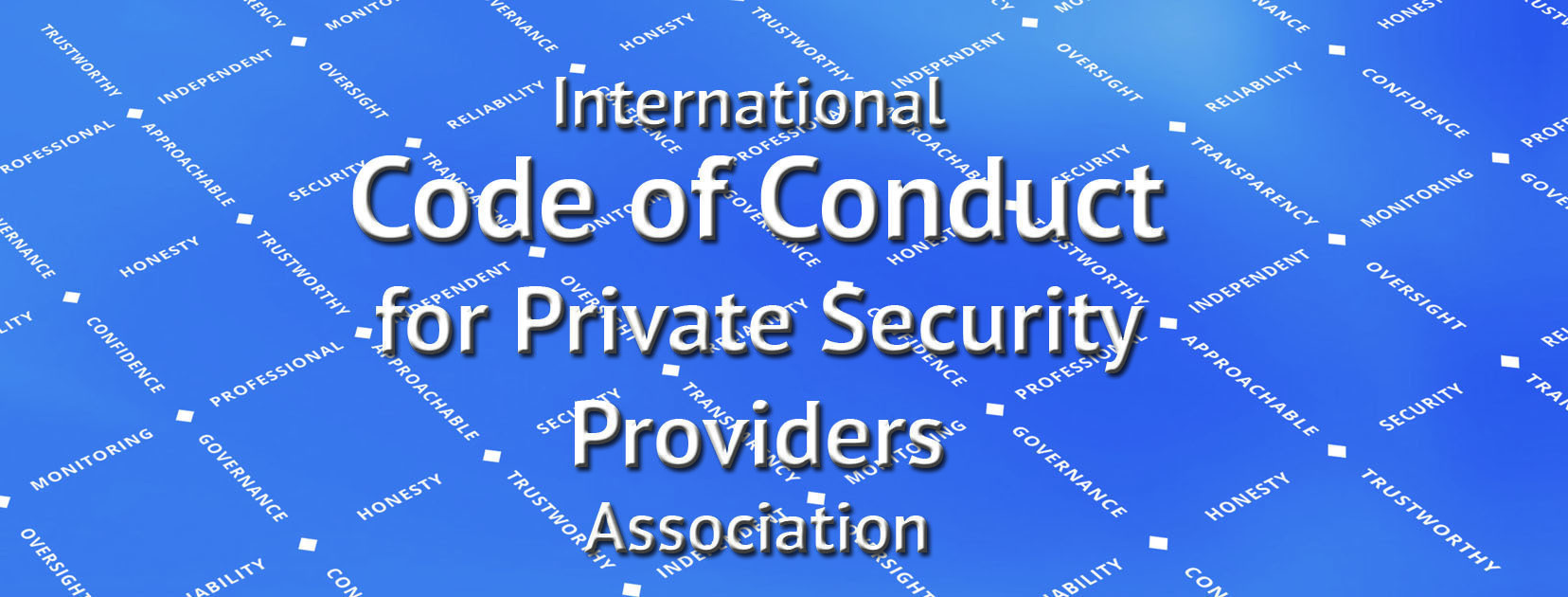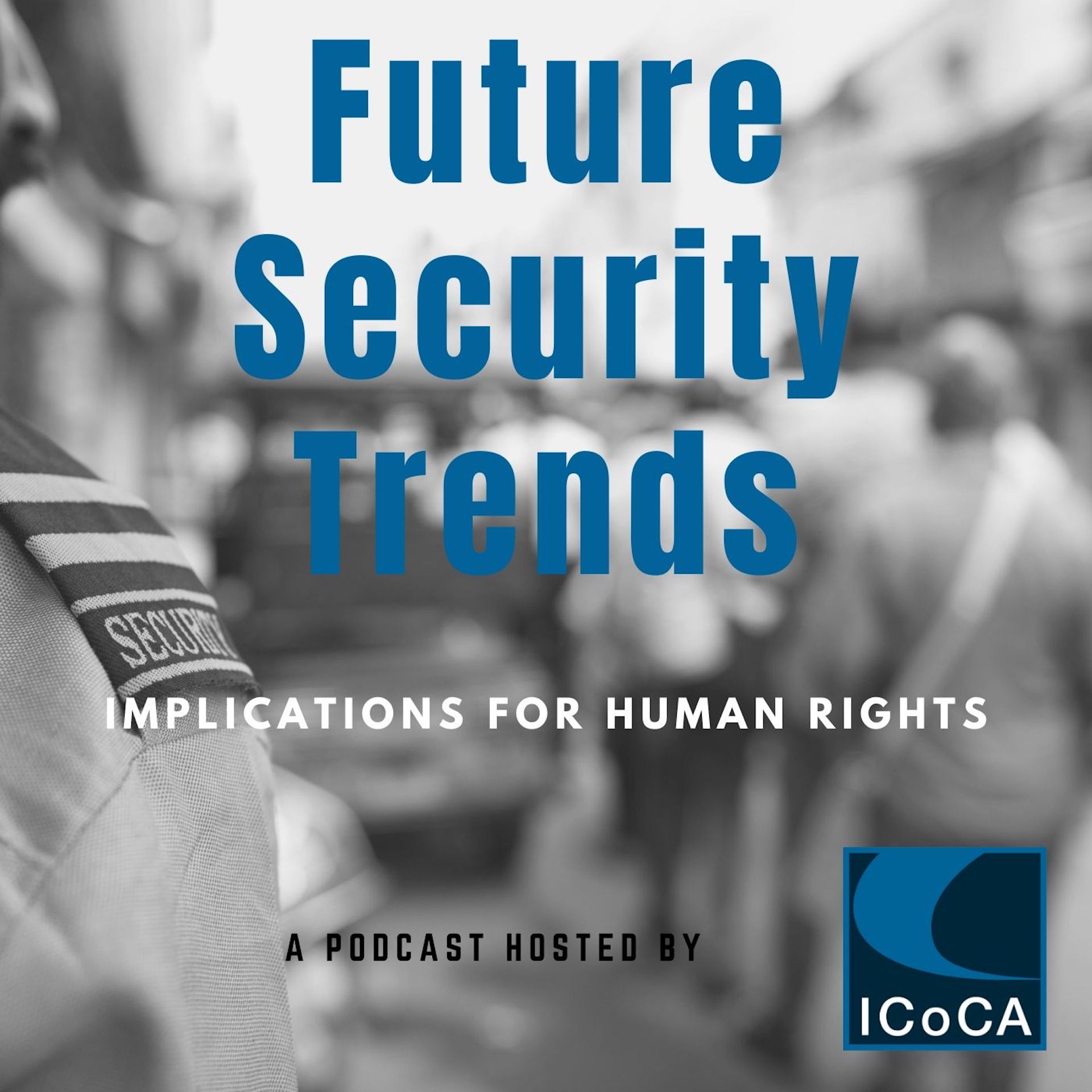
3K
Downloads
21
Episodes
The International Code of Conduct for Private Security Service Providers' Association (ICoCA) is a multistakeholder initiative whose mission is to raise private industry security standards and promote the responsible provision of private security. During these podcasts ICoCA invites different perspectives on what the future holds for responsible private security that respects human rights and international humanitarian law. Music by www.bensound.com
Episodes
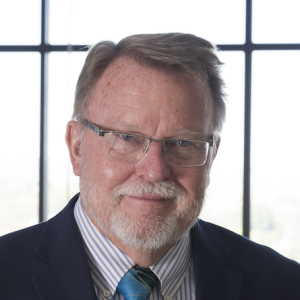
Tuesday May 04, 2021
A Future For Mining In The DRC: The Role of Responsible Security
Tuesday May 04, 2021
Tuesday May 04, 2021
Richard Robinson is a Senior Advisor for GardaWorld. His vast experience has seen him working in and across all sectors, corporate, non-profit and government. He was born in the Democratic Republic of Congo and spent the last two decades there, which included setting up one of the largest tin mines in the world in a remote region of North Kivu. So what have his experiences working for and contracting private security companies in DRC taught him about the role responsible security can play in settings renowned for corruption and conflict?
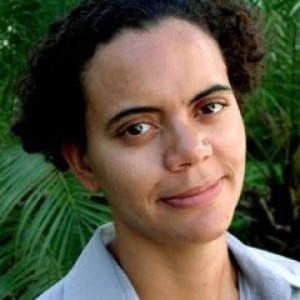
Wednesday Mar 31, 2021
Understanding Mercenaries: War, Wagner and Why We Should Care
Wednesday Mar 31, 2021
Wednesday Mar 31, 2021
Candace Rondeaux, Professor of Practice at the School of Politics and Global Studies and a Senior Fellow with the Center on the Future of War at Arizona State University, shares her insights on the rise of Russian mercenaries, including the Wagner group, in various conflicts around the world. What's driving the increasing prevalence of mercenaries, and what, if anything, can be done to reign in these actors to ensure human rights and International humanitarian laws are respected?

Friday Mar 05, 2021
Human Rights and Women in the Private Security Workforce
Friday Mar 05, 2021
Friday Mar 05, 2021
In the first episode of the second series, we talk to two members of the ICoCA Board of Directors, Jo Anthoine, Director of Risk and Welfare, GardaWorld and Michelle Quinn, Senior Vice President, Patriot Group International. Why did they choose careers in the private security sector? What has their experience been of the challenges and opportunities women face in a male-dominated industry. How and why do private security companies and the communities in which they operate, benefit by bringing more women into the workforce?

Monday Oct 26, 2020
The Future of Compliance: Why Clients Count
Monday Oct 26, 2020
Monday Oct 26, 2020
We talk to Jonathan Drimmer, a Partner at Paul Hastings law firm and Strategic Advisor with the Voluntary Principles on Security and Human Rights to find out why companies should care about human rights and the risks they face if they ignore these risks. Jonathan shares his insights on the challenges organisations face in ensuring human rights compliance throughout their global operations and supply chains. So why is private security so central to this, and what trends should we look out for in the years ahead?

Wednesday Sep 30, 2020
Accountability in the Private Security Sector: Past, Present and Future
Wednesday Sep 30, 2020
Wednesday Sep 30, 2020
In Episode 7, we talk to Dr. Christopher Kinsey, Reader at Kings College London, who has spent the last twenty years researching and writing on the subject of private security. Dr. Kinsey describes how the private security sector has changed since he started his research, and how accountability mechanisms have developed during this period. So what are the different regulatory models at play, and where does international law fit in?

Thursday Sep 03, 2020
The Future of Slavery: Private Security and the Human Cost of Cost Cutting
Thursday Sep 03, 2020
Thursday Sep 03, 2020
To find out why modern slavery persists in the private security sector we talk to James Sinclair, Executive Director of Ethical Innovations and one of the Co-Founders of FSI Worldwide, an ethical recruitment company with its roots in the private security space. Why have modern slavery and the private security sector become intertwined and what can be done to stop such practices in the future? James, a practicing lawyer and serial entrepreneur who is also currently pursuing a PhD on this subject, shares his insights.

Thursday Jul 23, 2020
Anticipating the Future: Foresight and International Security
Thursday Jul 23, 2020
Thursday Jul 23, 2020
In Episode 5 we talk to Emily Munro, Head of Strategic Anticipation at the Geneva Centre for Security Policy (GSCP). We start by asking what COVID-19 has taught us about strategic anticipation. How well-prepared were we for a pandemic and what has this preparedness taught us about the importance of using strategic foresight to be better prepared in the future? How can we anticipate what will be the most significant challenges to the private security sector in the future? How can strategic anticipation be harnessed by multi-stakeholder initiatives with diverse stakeholder groups like ICoCA?

Monday Jul 13, 2020
Human Rights and Security: Adapting to the Future
Monday Jul 13, 2020
Monday Jul 13, 2020
In Episode 4 we talk to Dr Sorcha MacLeod, Associate Professor and Marie Skłodowska Curie Individual Fellow in the Centre for Private Governance (CEPRI) in the Faculty of Law, University of Copenhagen and an independent human rights expert on the United Nations Working Group on Mercenaries and the UN Intergovernmental Working Group on private military and security companies. We ask Dr. MacLeod how private security companies and their role in the COVID-19 pandemic have impacted human rights, why we should be concerned about the increasing use of mercenaries around the world, and what other issues may be on the horizon in the private security space that have implications for human rights.

Thursday Jun 25, 2020
The Future Of Technology & Security: A Force for Good or Bad?
Thursday Jun 25, 2020
Thursday Jun 25, 2020
During this episode we interview Dr. Jean-Marc Rickli, Head of Global Risk and Resilience at the Geneva Centre for Security Policy (GCSP) in Geneva, Switzerland. Among other questions, we ask which technologies the security sector is already embracing and which are on the horizon that have the potential to disrupt the industry. With serious concerns about the way facial recognition technology is being used by security services, Dr. Rickli considers whether technology is a force for good or bad, and what mechanisms can be put in place to effectively govern the use of technology across the sector.
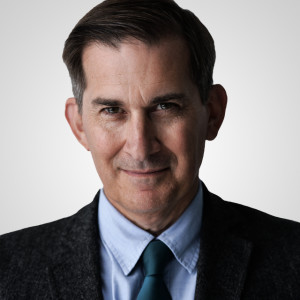
Thursday Jun 18, 2020
Managing risks: COVID-19 and lessons learned for the future of responsible security
Thursday Jun 18, 2020
Thursday Jun 18, 2020
The COVID-19 pandemic has had a major impact on security around the world. In this episode, we talk to Richard Wylde, Director for Government and Defence, and Chair of the UK Security in Complex Environments Group (SCEG). We ask Richard what the UK security sector has learned from COVID-19 and how we can ensure high standards are maintained and human rights respected across the sector during this time. Richard provides his insights on this and other risks on the horizon that we should also be preparing for.
